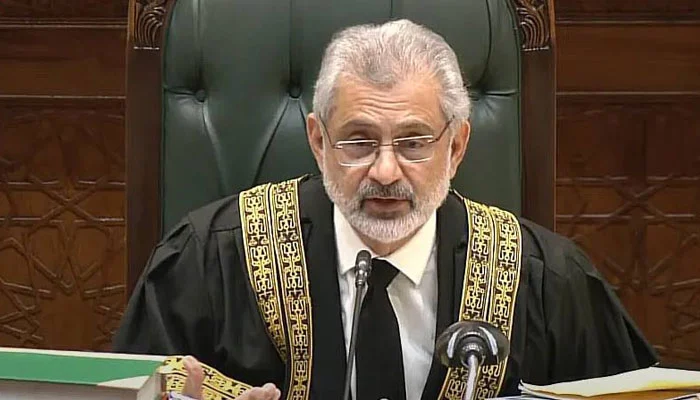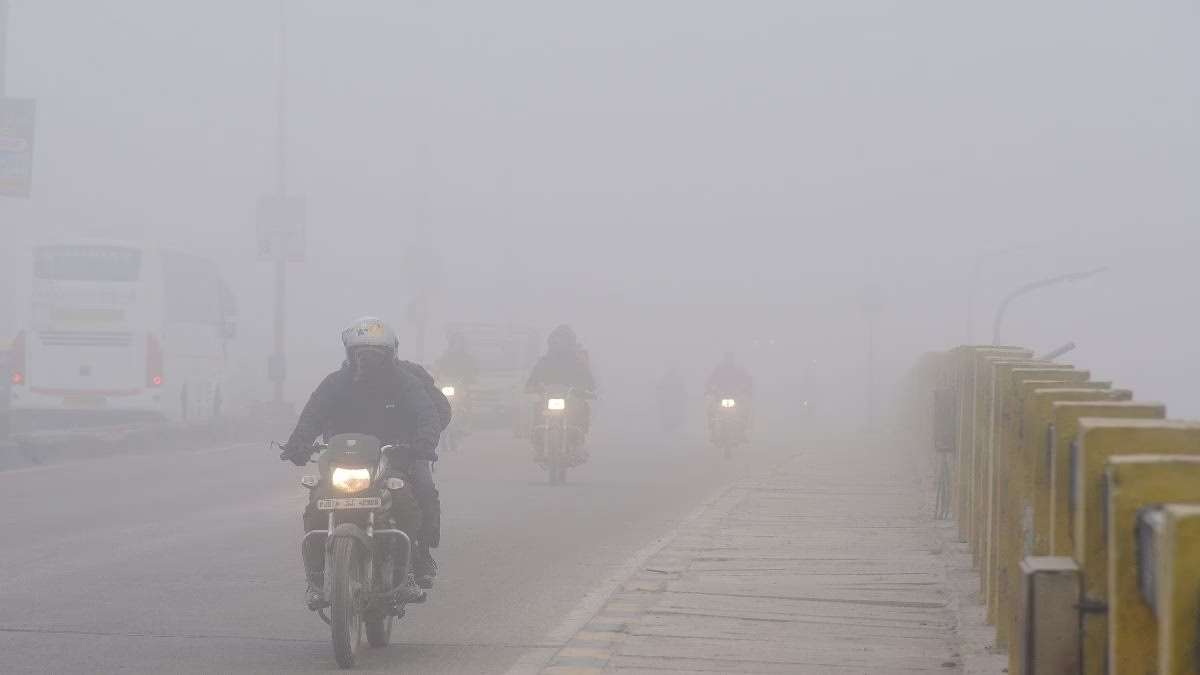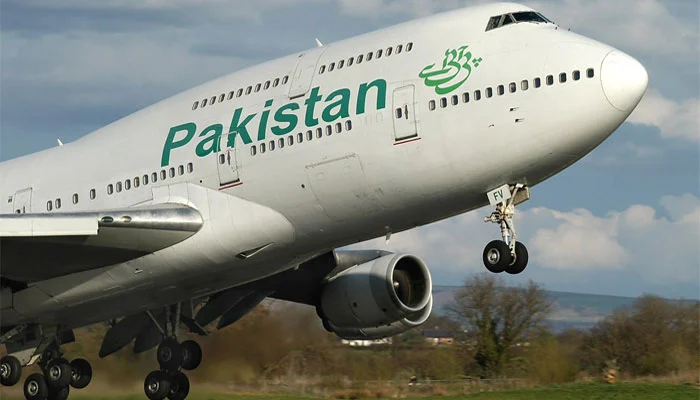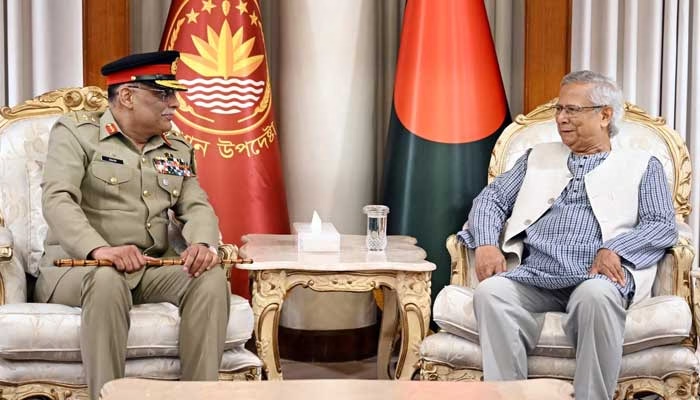In a significant ruling, Chief Justice of Pakistan, Justice Faiz Isa, announced that major cases related to elections and military tribunals will be heard in the Supreme Court, leading to the postponement of other complicated cases. This decision, made by a three-member bench under Justice Faiz Isa’s leadership, specifically impacts the case of Pak Arab Refinery Limited (PARCO) employees.
During the hearing, the legal representatives of the PARCO employees requested a delay of 15 days for the case. Responding to this request, Chief Justice Faiz Isa made crucial remarks, emphasizing that the Supreme Court will be prioritizing cases related to general elections and trials in military tribunals. This shift in focus reflects the judiciary’s commitment to addressing critical matters that significantly impact the nation’s democratic processes and legal proceedings involving the military courts.
The decision to postpone the PARCO employees’ case underscores the challenges faced by the judiciary, especially when it comes to handling multiple high-profile cases concurrently. The Chief Justice’s approach highlights the need for efficient case management to ensure that cases are adjudicated thoroughly and justly. By deferring the PARCO case, the court aims to streamline its focus and resources towards cases that have broader implications for the country’s democratic structure and the legal framework concerning military tribunals.
This move aligns with the judiciary’s efforts to maintain a delicate balance between various cases, ensuring that each matter receives the attention it deserves. While the decision may lead to temporary delays in specific cases, it reinforces the Supreme Court’s commitment to upholding the rule of law and addressing pivotal legal challenges faced by the nation.
As Pakistan navigates through complex legal terrain, the judiciary’s proactive stance in categorizing cases based on their significance highlights its dedication to the country’s democratic values and the fair administration of justice. The decision serves as a testament to the judiciary’s commitment to ensuring that cases of national importance are given the precedence they require, ultimately contributing to a more robust and accountable legal system in Pakistan.



